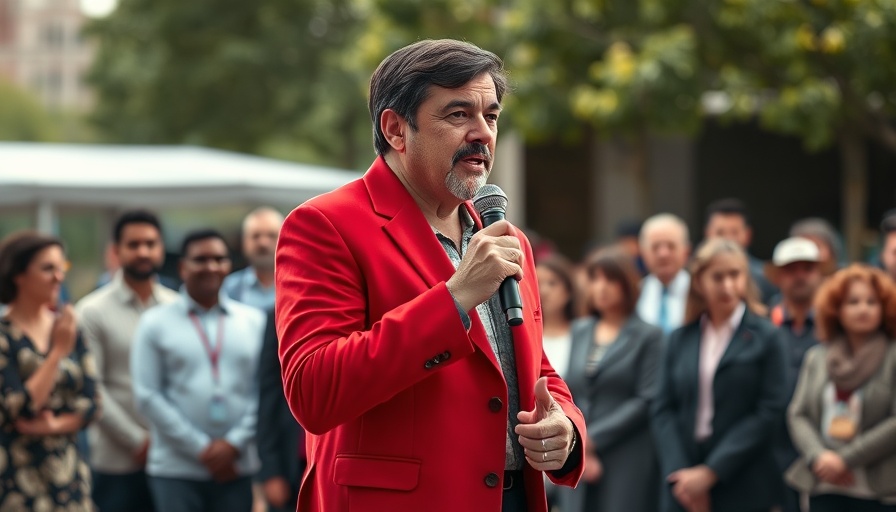
The Unexpected End of a Pandemic-Fighting Contract
In a surprising turn of events, the Trump administration decided to cancel a $766 million contract with Moderna Inc., aimed at developing a vaccine against pandemic influenza viruses, notably the H5N1 bird flu strain. This decision, announced by the Health and Human Services Department, marks a significant setback in efforts to prepare for potential pandemic threats.
Understanding the Impact of Canceling Key Vaccine Development
Moderna had been working on a vaccine called mRNA-1018, utilizing the same groundbreaking mRNA technology that facilitated the rapid development and distribution of COVID-19 vaccines. The funding, which included $176 million awarded in July 2024 and $590 million in January of this year, was intended to support clinical trials that could confirm the vaccine's efficacy against serious public health threats.
However, as uncertainty looms over the program—especially following Health Secretary Robert F. Kennedy Jr.'s expressed skepticism about mRNA vaccines—the consequences of this funding withdrawal can already be felt. Health experts worry that the cancellation could hamper progress in combating the H5N1 strain, which has increasingly affected avian populations and had mild infections in several humans, including one fatality.
The Broader Context of Pandemic Preparedness
While the U.S. has made strides in pandemic preparedness since the COVID-19 outbreak, this cancellation raises questions on the nation's commitment to maintaining a robust immunization strategy against threats like bird flu. H5N1 viruses have shown a concerning ability to mutate, posing new risks if they evolve to spread more easily among humans. The urgency of investing in vaccine development has never been more evident.
What This Means for Future Health Initiatives
With only interim results showing a promising immune response to the H5N1 vaccine in early-stage trials involving 300 healthy adults, the path forward is now clouded. Experts highlight not only the immediate health risks but also the long-term implications on trust in vaccine development. The challenging dynamics with the administration's stance on mRNA technologies can hinder public confidence and potential cooperation between government and pharmaceutical companies.
Public Response and Future Considerations
The public's response to vaccine hesitancy and skepticism is particularly relevant in a climate where misinformation can spread rapidly. Education campaigns emphasizing the safety and benefits of vaccines, particularly mRNA technology, are essential. Bridging the gap in understanding while addressing public fears could strengthen overall health initiatives moving forward.
Conclusion: A Call for Vigilance
The cancellation of Moderna's contract serves as a critical reminder of the need for ongoing vigilance in pandemic preparation. As challenges fluctuate, the demand for innovative solutions and transparent policies remains. Stakeholders and the general public must stay informed and advocate for continued investment in health research to safeguard against future threats.
 Add Row
Add Row  Add
Add 




Write A Comment